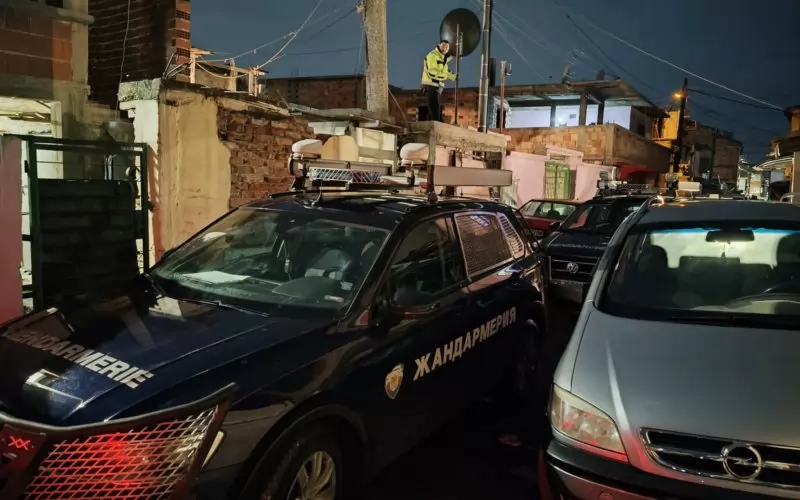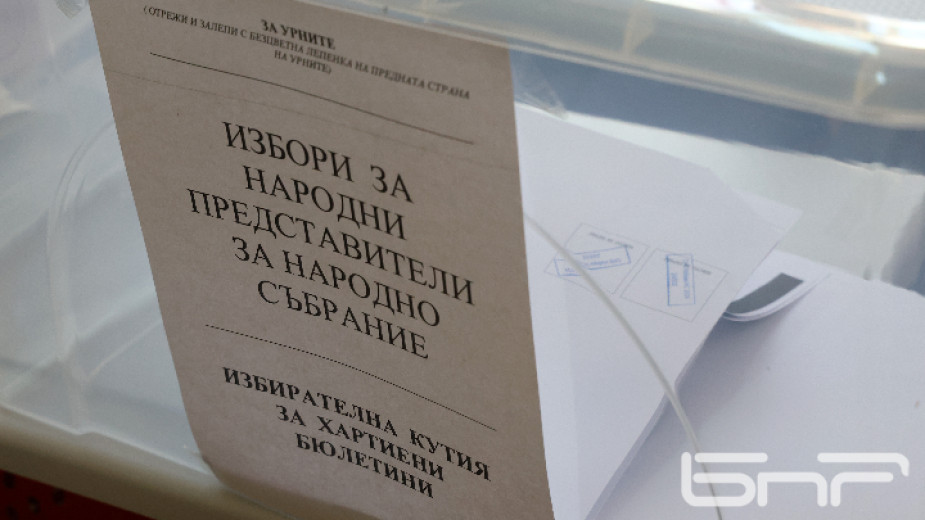The anti-racism association Mrap has announced it will file a lawsuit against Manuel Valls for incitation to racial hatred. Valls had stated that, in his opinion, most Rroma do not want to integrate, and should return to Romania and Bulgaria. Particularly problematic about Valls’ utterances is that he enjoys broad support among the French population and thereby racist views about Rroma are being represented as indisputable facts. Valls face a fine of up to € 45,000 (2013 Süddeutsche Zeitung, Le Monde, 2013).
Strassenburg (2013) takes a critical look at the trial of 27 Croatian Rroma in France. The defendants are accused of organized theft and trafficking: They are reported to have exploited children to earn money for themselves. They “trained them only to steal from the youngest age.” This contrasts with views of critics who hold that the imputed organised structures are a projection of the prosecution: “Mali, [a journalist] could never observe in three years the organized criminal structures, which are reproached to the 27 defendants in Nancy.” This process it is not just about the crimes of the accused, but also about socio-political conceptions of organised crime among the Rroma. “Gypsy Kings” and organised, structured delinquency is primarily a police view of the Rroma, and has been discussed several times. This does not mean that no crimes were committed by Rroma, but that it is very questionable to ascribe Rroma a culturally determined predisposition to organised crime (see L’Express 2013).
Zarachowicz (2013) speaks to the sociologist Jean-Pierre Liégeois about how are being exploited for French politics. Liégeois sees the knowledge about the Rroma as being dominated by large gaps. This ignorance is instrumentalised by politicians to project their own views on it. He deconstructs the travelling lifestyle, which again and again is attributed to them, as being the result of social exclusion, rather than a self-chosen way of life, and therefore as false: “Les familles sont souvent mobiles par obligation, pour s’adapter à des conditions d’existence changeantes, parfois menaçantes. Au cours de l’histoire, on assiste à des déportations, par exemple du Portugal vers l’Afrique et le Brésil, de l’Angleterre vers les colonies d’Amérique et vers l’Australie. Ou, quand des conflits se produisent, les Roms, souvent pris comme boucs émissaires ou bloqués entre les belligérants, doivent partir. […] Les Roms ont ainsi dû intégrer la mobilité dans leur existence, pour s’adapter à un rejet qui reste dominant.” [Families are often mobile due to the obligation to adapt to sometimes threatening changing conditions of life. In history, one sees deportations, for example from Portugal to Africa and Brazil, from England to the American colonies and to Australia. Or, when conflicts occur, Roma, often used as scapegoats or stuck between belligerents, have to leave. […] The Roma have had to integrate mobility into their lives, to adapt to a rejection that remains dominant.] He also identifies a historical, European government policy, that either wants to deport or to forcefully assimilate Rroma. In the case of France, the policy of repatriation is currently the dominant paradigm. From a financial point of view, this policy actually costs more than a successful integration.
In his article, Potet (2013) points to an alternative to Valls repressive policy. In Indre, the socialist mayor has built an accommodation, which aims to help immigrant Rroma to integration. The Rroma children can go to the local school. The immigrants had previously been living in a derelict factory. This support is linked to reciprocity: the children must attend school regularly, adults need to search for work, caravans are regularly maintained. With these Rroma-friendly policies, Jean-Luc Le Drenn puts re-election on the line.
The Huffington Post (2013) takes a look across the border from France: There one has problems other than the Rroma. High unemployment rates are at the centre of public attention. Before the economic crisis, the Spanish state set money aside for the integration of resident and migrant Rroma, money meant to facilitate access to education, the labour market, and to health care. This state integration program is still regarded as a European model of a social Rroma policy. This does not mean that exclusion and racism against the Rroma no longer exist in Spain, but this was an important first step towards a successful integration of Rroma.
- Huffington Post (2013) La France expulse les Roms et démantèle leurs campements, tandis que l’Espagne les ignore. In: Huffington Post online vom 5.10.2013. http://www.huffingtonpost.fr/2013/10/05/france-expulse-roms-espagne-ignore_n_4047842.html
- L’express (2013) Nancy: jugement attendu de Roms qui forçaient leurs enfants à voler. In: L’express online vom 11.10.2013. http://www.lexpress.fr/actualites/1/societe/roms-accuses-de-dresser-leurs-enfants-a-cambrioler-jugement-attendu_1290167.html
- Le Monde (2013) Polémique sur les Roms : le MRAP veut porter plainte contre Valls. In: Le Monde online vom 10.10.2013. http://www.lemonde.fr/politique/article/2013/10/10/lemrap-veut-porter-plainte-contre-manuel-valls-pour-ses-propos-sur-les-roms_3493793_823448.html
- Potet, Frédéric (2013) A Indre, le maire parie son mandat sur l’intégration de familles roms. In: Le Monde online vom 10.10.2013. http://www.lemonde.fr/societe/article/2013/10/10/pres-de-nantes-un-maire-parie-son-mandat-sur-l-integration-de-familles-roms_3493576_3224.html
- Süddeutsche Zeitung (2013) Innenminister Valls droht Verfahren wegen Volksverhetzung. In: Süddeutsche Zeitung online vom 11.10.2013. http://www.sueddeutsche.de/politik/roma-in-frankreich-innenminister-valls-droht-verfahren-wegen-volksverhetzung-1.1792291
- Strasseburg, Romy (2013) Prozess gegen Roma in Nancy. In: Die Welle online vom 7.10.2013. http://www.dw.de/prozess-gegen-roma-in-nancy/a-17142645
- Zarachowicz, Weronika (2013) Les Roms ont dû intégrer la mobilité, pour s’adapter au rejet. In: Télérama online vom 11.10.2013. http://www.telerama.fr/idees/les-roms-ont-du-integrer-la-mobilite-pour-s-adapter-au-rejet,103559.php







